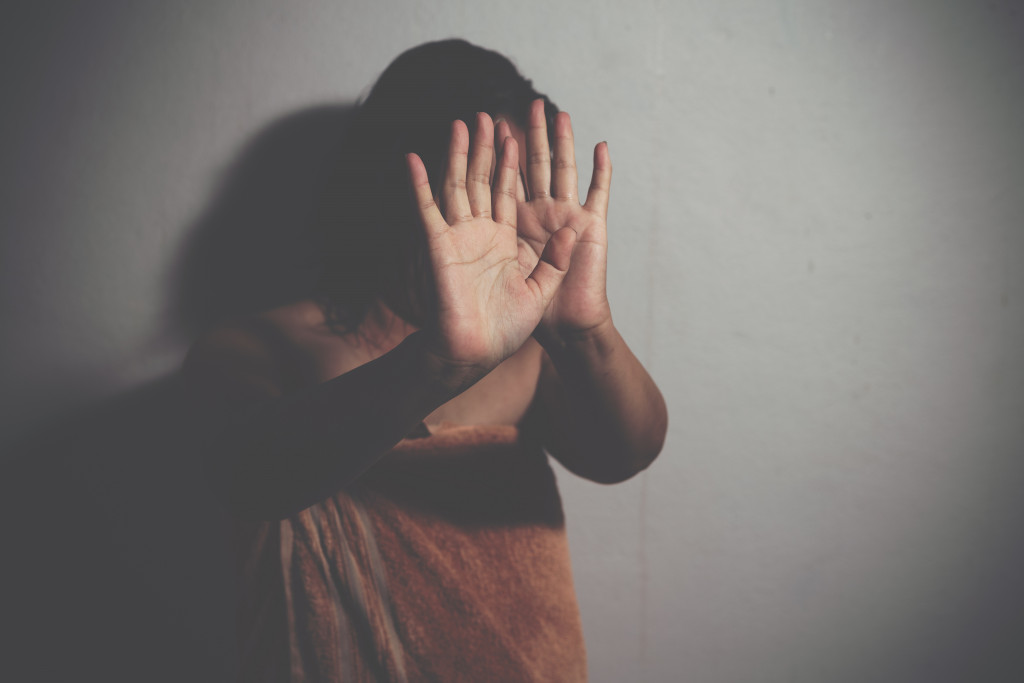It’s best to say it early that not all kinds of fear are beneficial to your health. There’s a threshold that allows you to enjoy many perks mentally and physically, but anything beyond that is probably detrimental. Think of the healthy kind of fear as the one you experience when you’re just about to take a risk. Perhaps it’s stepping out on a stage or camping alone for the first time. The chill that courses through your body and the little butterflies in your stomach impacts you in plenty of good ways that might surprise you.
Fear and Weight Loss
While you shouldn’t expect a huge turnaround by just repeatedly scaring yourself with horror flicks, it’s good to know that you’re actually benefiting from them. The basic principle is something you’re already familiar with. Fear quickens the pulse, which then gets your adrenaline going. Your metabolism works overtime in response to this cue and starts using up the fat and sugar stored in your body. Your increased heart rate, too, elevates this effect. Who knew you could burn calories just by sitting through The Conjuring?
Imagine how much more weight you burn when you visit a Halloween attraction. All the running and jumping you’re forced to make as you find your way out of the haunted houses can make up for the jog you opted out of the other day.
Fear and Your Immune System
The strength of your immune system is defined by how many white blood cells you have. The interesting fact is that fear actually increases their quantity. Research proved this by collecting blood samples from people who just finished watching horror movies. The number of activated white blood cells rose, along with it their ability to fight diseases.
If you’re wondering why your sibling who binges horror movies rarely catches a cold, then this might be a plausible theory. You should try this (slightly) pain-free method sometime.

Fear and Awareness
In case you missed this fun fact, fear is actually about developing heightened awareness of something. In terms of scary films and attractions, you become hyper-aware of the eerie soundtrack, the sudden movements, and the ghost that could come at any moment.
For other fear-inducing activities, though, you become more sensitive to your environment, your body, and your activities. This is especially true when you try bungee jumping, rock climbing, or participate in other sports that make your blood rush. Alongside your fears is a wild sense of excitement that you don’t experience daily. It makes you feel fully grounded in the present and alive. These sensations effectively fend off depression, especially when you consider the benefits brought on by the physicality they demand.
This doesn’t mean you should go into extreme sports. Just stepping out of your comfort zone should lead you to the same results.
Fear and Empowerment
Speaking of comfort zones, nothing quite empowers people like overcoming their fears. It gives you a spike in the hormone called Serotonin, which, in turn, increases your brain’s productivity. It could easily serve as your fuel to continue pursuing a challenge until you reach the finish line.
This can also help you create healthy habits that entail a lot of work and confidence. Since your mind craves the mental high that happens after you accomplish a goal, you’ll feel more and more empowered to stick with that particular activity. It could be exercising in public, while for others, it could be joining competitions.
Fear and Socializing
Do you ever wonder why you huddle with your friends when you go through a Halloween attraction or sit through a horror flick? There’s actually a scientific explanation behind this. Fear leads to prosocial behavior because of the hormone called oxytocin. This drives your survival instincts, which is to find other humans who can look after you and whom you can care for in return.
Entering situations that make you and other people nervous, like extreme rides in amusement parks, makes it easier to socialize. You’ll find that introducing yourself and making small talk is easier simply because you’re more open to seeking help and comfort from others.
Fear Isn’t the Enemy
In general, you feel fear because your mind and body are designed to give you the highest chances of survival. Being afraid is normal and is something you should be thankful for. It’s just you looking out for yourself. So the next time you leave your comfort zone and try new things, remember that you’re benefiting from it big time and that you’re going to come out of it healthier and better than before.
